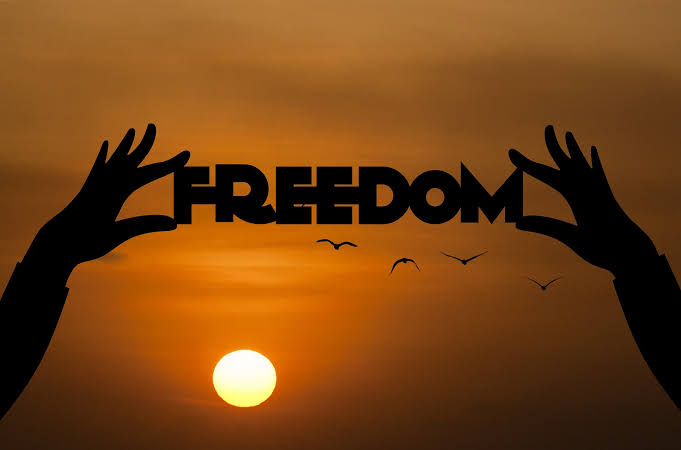Does freedom truly exist in Africa, or are we still shackled by systems of governance inherited from our colonizers? These systems, often branded as democratic, increasingly reveal themselves as modernized forms of dictatorship cloaked in the deceptive garb of freedom. Elections are held regularly, but do our votes genuinely count? Time and again, accusations of rigging and election manipulation surface, while the widespread violence that often follows paints a grim picture of how politically unstable Africa really is.
Post-election violence has become a tragic hallmark of African democracy. Citizens lose their lives while corrupt election observers, influenced by those in power, quickly declare the elections “free and fair.” This facade of legitimacy silences dissent and maintains the illusion that democracy is thriving, yet the reality on the ground tells a different story. The people continue to suffer as their voices are suppressed, and their trust in the system erodes.
Africa’s leadership seems to be operating on a carefully preserved colonial blueprint. Leaders rise to power with grand promises of development, such as building modern roads, schools, hospitals and industries. But these promises often go unfulfilled. When critics dare to speak out, they are silenced through intimidation, abduction, torture or even assassination. This endless cycle mirrors the oppressive tactics used by former colonial regimes. It’s as though the colonizers never truly left; they simply changed the color of their skin and retained their oppressive methods.
Why do leaders feel the need to silence their critics if they are genuinely working for the people? Why not let their actions speak louder than words? True leadership doesn’t require justification; it earns respect through integrity and results. Instead of focusing on propaganda and silencing opposition, African leaders should focus on leaving a legacy of tangible progress that history can judge fairly. Actions define a leader’s legacy far more than speeches ever could.
It is also important to recognize that Africa’s complex social structure requires a governance system uniquely suited to its realities. Unlike most Western countries, African nations are home to diverse ethnic groups, often speaking different languages and practicing different cultures. For instance, many African countries have over 40 tribes, each with distinct traditions and ways of life. In contrast, most Western nations have largely homogeneous populations, making governance simpler and more cohesive.
Attempting to fit Africa’s diverse population into Western-style governance structures has created divisions rather than unity. Electoral politics often become contests of tribal loyalty rather than merit, further polarizing nations. Instead of forcing African societies into systems that were designed for more homogenous populations, we should focus on building inclusive frameworks that accommodate tribal diversity. By addressing this core issue, we can reduce ethnic tensions, promote stability and foster development.
To achieve this, we must start by reevaluating these systems that we inherited and tailor them to meet our unique needs. This generation has a responsibility to reject oppressive practices and establish governance models that prioritize fairness, inclusion and accountability. We must create a system that uplifts even the weakest among us, ensuring that no one is left behind. Our progress as a continent depends on our ability to craft solutions that reflect our realities rather than blindly following foreign models that do not serve us well.
As Africa’s youth become more educated and conscious of their history, the flaws in our current systems will only become more apparent. European history will hold less relevance to future generations, and Africans will increasingly look to their own leaders and ancestors for inspiration. Leaders must decide how they want to be remembered. Will they be seen as oppressors in disguise or as visionaries who dared to break free from colonial legacies?
The choice is theirs, but the consequences will be felt by generations to come. It is time for Africa to reclaim its narrative, rewrite its systems and chart a new course toward genuine freedom. The future of the continent depends on leaders who are willing to embrace change and prioritize the well-being of their people over power and personal gain. Only then can Africa truly claim to be free.
